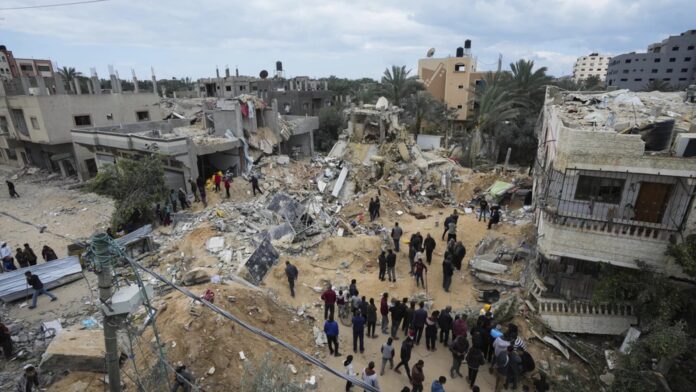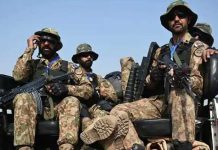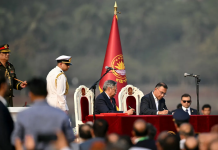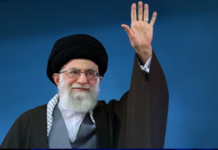NEW YORK – In a significant move, the United Nations Security Council has called for a ceasefire in the Gaza Strip during the sacred month of Ramadan, marking its first formal request to end hostilities in the region.
The resolution, which also includes a demand for the release of hostages taken during a surprise attack by Hamas in southern Israel, was met with an abstention from the United States. Notably, the resolution separates the call for a ceasefire from the hostage release, with the ceasefire intended to last until the conclusion of Ramadan on April 9.
This development follows the vetoing of a US-sponsored resolution by Russia and China, which sought an “immediate and sustained ceasefire” between Israel and Hamas. The US has expressed concerns that the newly approved resolution could undermine ongoing negotiations led by the US, Egypt, and Qatar, hinting at the possibility of an American veto.
The resolution, supported by Russia, China, and the Arab Group at the UN, emerged from the collective efforts of the 10 elected council members. The Arab Group has urged the council to unite and act swiftly to “halt the bloodshed, preserve human lives and avert further human suffering and destruction.”
US Ambassador Linda Thomas-Greenfield criticized the resolution’s wording, suggesting it could provide Hamas with a pretext to abandon current negotiations and warning of potential deadlock within the council if diplomacy is not upheld.
The US has previously vetoed three resolutions calling for a ceasefire in Gaza, with the most recent Arab-backed measure gaining support from 13 council members. Russia and China have also vetoed a US resolution, deeming it ambiguous and insufficient as a direct call to cease hostilities.
The situation reflects broader geopolitical tensions, with the US facing criticism for its stance towards Israel. The language of the US draft resolution has been a point of contention, with Russian and Chinese representatives condemning its lack of clarity and directness in demanding an end to the fighting.
The ongoing disputes at the UN Security Council underscore the complex dynamics at play in the international response to the conflict in Gaza.






